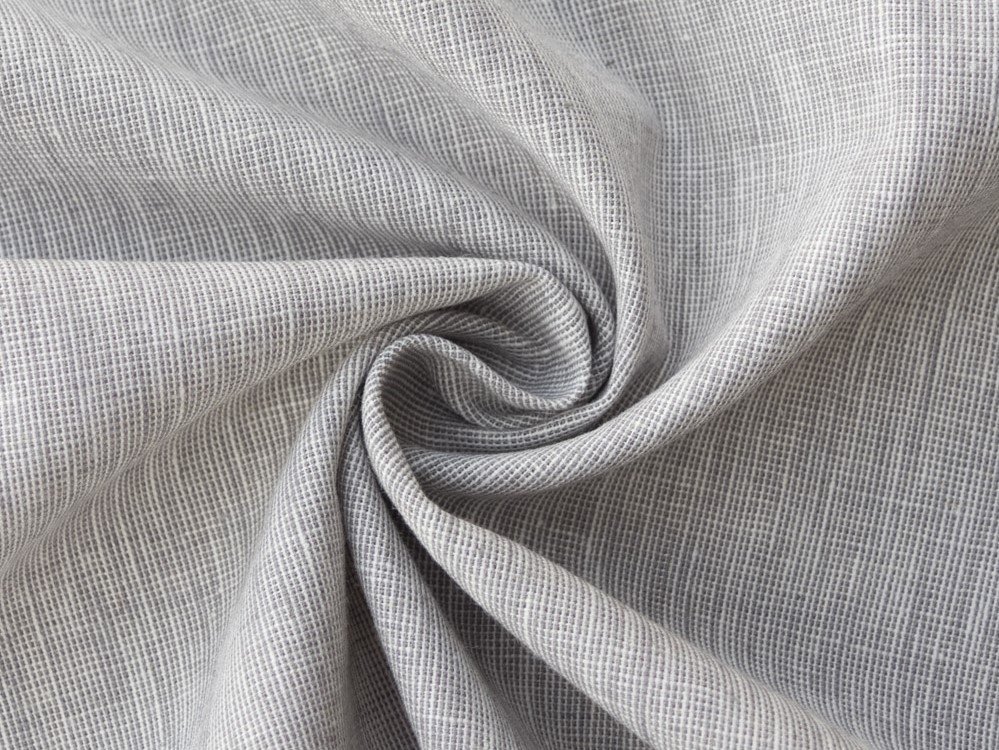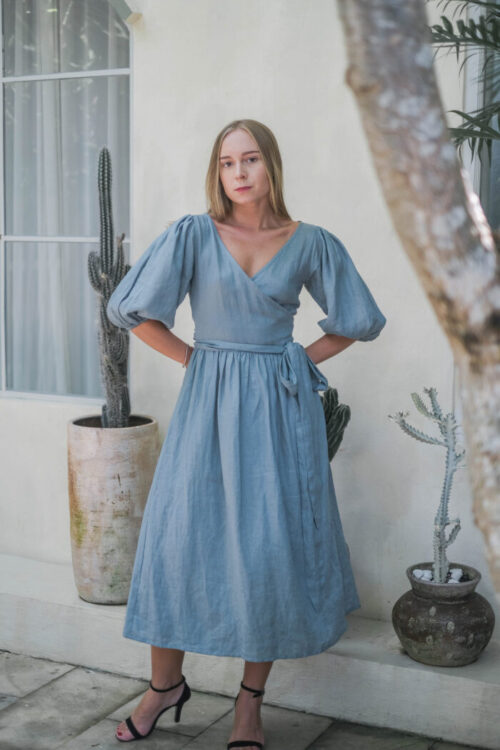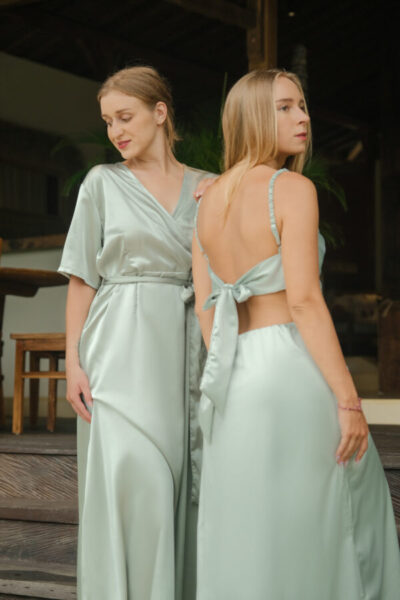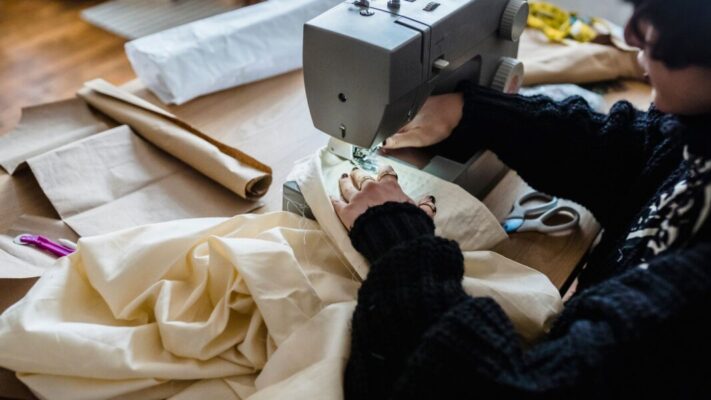Bali has become a prominent destination for garment manufacturing, offering a unique combination of skilled artisans, modern facilities, and a commitment to sustainability. For global fashion labels, partnering with Bali-based manufacturers allows for high-quality production that balances style, comfort, and ethical practices.
Why Bali Is a Global Fashion Hub
Fashion brands around the world are increasingly seeking manufacturing partners that can deliver quality, reliability, and innovation. Bali’s garment industry stands out by providing skilled craftsmanship, flexible production capabilities, and a deep understanding of global fashion standards.
From resort wear and casual lifestyle collections to contemporary apparel, Bali manufacturers are capable of producing garments that meet international quality standards, ensuring consistency, durability, and attention to detail.
The Role of Fabric Selection
Choosing the right fabric is crucial to garment quality, comfort, and sustainability. Natural fabrics such as linen, organic cotton, hemp, and rayon are highly favored in Bali for their skin-friendly and eco-conscious properties.
Synthetic fabrics like polyester and nylon are cheaper to produce but often trap heat, irritate the skin, and contribute to microplastic pollution. Natural fabrics, in contrast, are breathable, hypoallergenic, and biodegradable. Linen, cotton, and rayon regulate body temperature, wick moisture, and provide long-lasting comfort—making them ideal choices for high-end and eco-conscious fashion labels.
Skin Benefits of Natural Fabrics
Natural fabrics provide tangible benefits for wearers:
- Linen: Lightweight and moisture-wicking, keeping the skin cool and fresh.
- Organic Cotton: Soft, breathable, and gentle on sensitive skin.
- Rayon: Silky, smooth, and durable, perfect for flowing garments.
These fabrics reduce friction, irritation, and the risk of skin conditions like eczema or psoriasis, making them safer and more comfortable than synthetic alternatives.
Sustainability in Bali’s Garment Manufacturing
Beyond comfort, natural fabrics support more sustainable fashion practices. Linen and hemp require minimal water and pesticides, while rayon is produced from renewable cellulose sources. Bali’s garment manufacturers are increasingly adopting eco-friendly practices, including:
- Non-toxic dyeing and finishing processes
- Energy-efficient and low-water production methods
- Fair labor practices and transparent sourcing
By using sustainable fabrics and ethical manufacturing, brands can produce clothing that aligns with both environmental values and global consumer expectations.
Collaboration Opportunities for Global Brands
One of the most significant advantages of working with Bali garment manufacturers is collaboration. Designers, fabric suppliers, and skilled artisans work together to create garments that merge local expertise with international fashion trends.
Through collaboration, brands can:
- Innovate with sustainable fabrics
- Maintain high-quality production standards
- Tell compelling brand stories around ethics, sustainability, and craftsmanship
These partnerships allow fashion labels to deliver garments that are stylish, durable, and responsibly made—appealing to eco-conscious and quality-focused consumers worldwide.
Final Thoughts
Bali’s garment manufacturing industry offers global fashion labels the perfect balance of craftsmanship, sustainability, and modern production standards. By choosing natural fabrics like linen, cotton, and rayon, and partnering with ethical, skilled manufacturers, brands can produce clothing that feels good, looks good, and does good.
From flowing linen dresses to soft cotton tops and elegant rayon pieces, Bali provides the expertise and infrastructure that global labels need to succeed in today’s fashion landscape—combining quality, comfort, and environmental responsibility in every garment.










